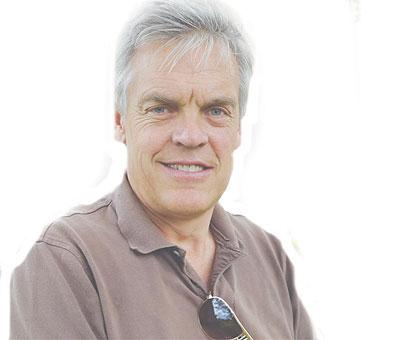Ex-BBC journalist who covered the 1994 Genocide returns to Rwanda after 18 years
Tom Carver, a former BBC correspondent, was based in Rwanda at the time of the devastating 1994 Genocide.

Tom Carver
